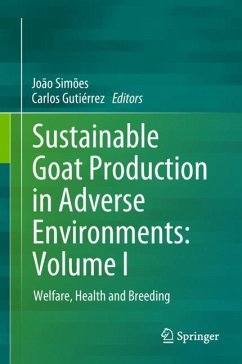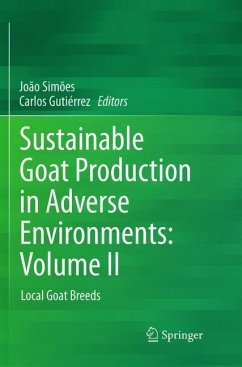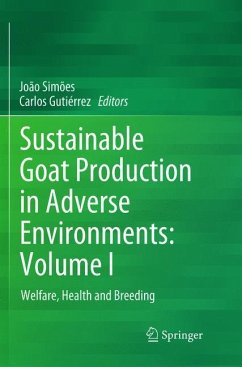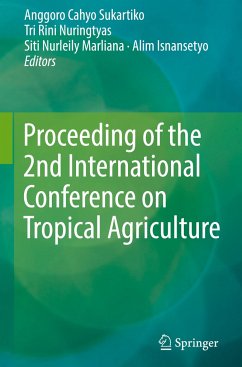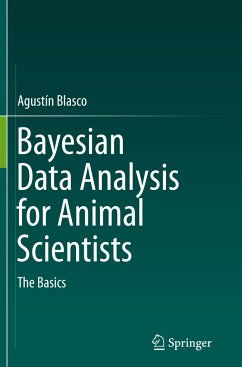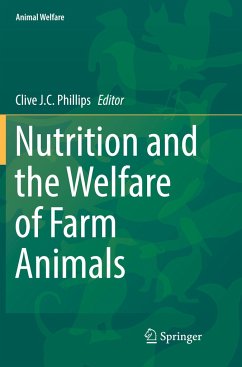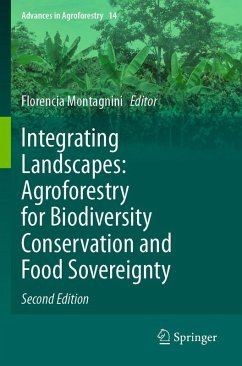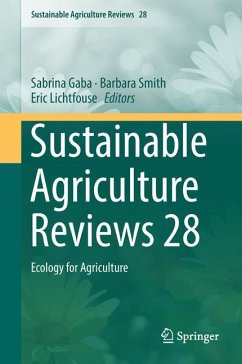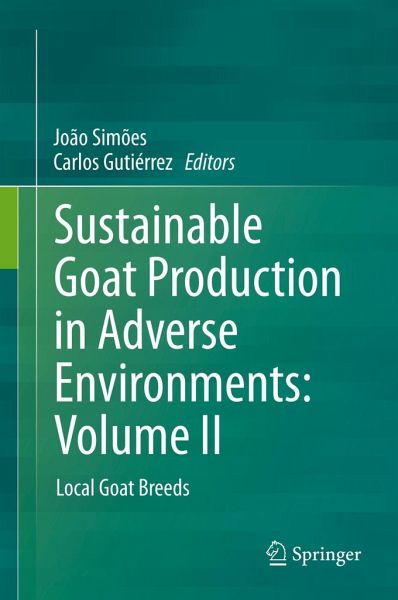
Sustainable Goat Production in Adverse Environments: Volume II
Local Goat Breeds
Herausgegeben: Simões, João; Gutiérrez, Carlos

PAYBACK Punkte
57 °P sammeln!
This book covers more than 40 indigenous goat breeds and several ecotypes around the globe and describes genotypic and phenotype traits related to species adaptation to harsh environments and climate change. It also addresses sustainable global farming of local goat breeds in different production systems and agro-ecosystems. Discussing three main global regions: Asia, Africa, and Europe, it particularly focuses on adverse environments such as mountain, semiarid and arid regions.The topic of this highly readable book includes the disciplines of animal physiology, breeding, sustainable agricultu...
This book covers more than 40 indigenous goat breeds and several ecotypes around the globe and describes genotypic and phenotype traits related to species adaptation to harsh environments and climate change. It also addresses sustainable global farming of local goat breeds in different production systems and agro-ecosystems. Discussing three main global regions: Asia, Africa, and Europe, it particularly focuses on adverse environments such as mountain, semiarid and arid regions.
The topic of this highly readable book includes the disciplines of animal physiology, breeding, sustainable agriculture, biodiversity and veterinary science, and as such it provides valuable information for academics, practitioners, and general readers with an interest in those fields.
The topic of this highly readable book includes the disciplines of animal physiology, breeding, sustainable agriculture, biodiversity and veterinary science, and as such it provides valuable information for academics, practitioners, and general readers with an interest in those fields.





